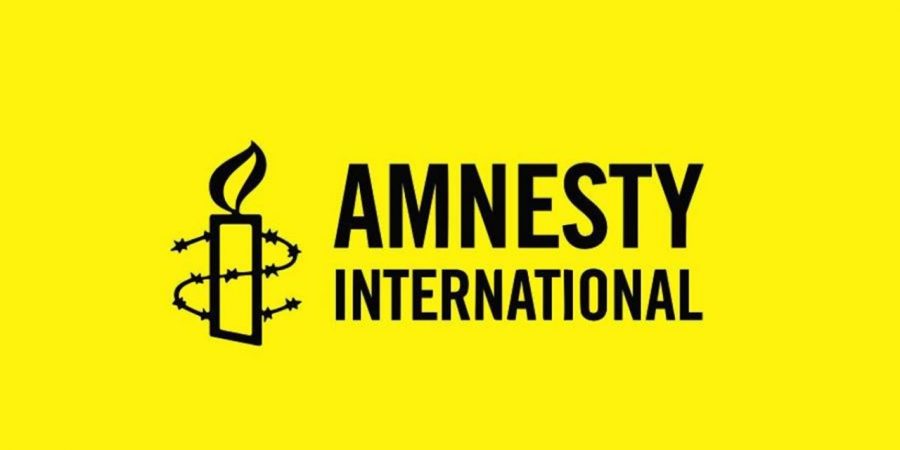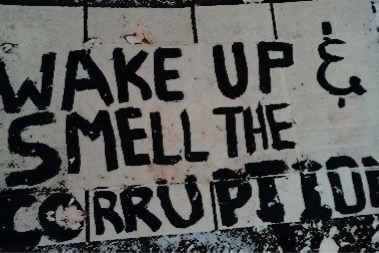Amnesty International and Navalny
March 30, 2021
Alexei Navalny, Russia’s most prominent Putin critic, who has risked his life to speak out against corruption, has had his prisoner of conscience status revoked by the human rights organization Amnesty International. This delisting stems from exaggerated claims about hate speech, which can be disproved to a certain degree. Navalny has braved many attacks including a near-fatal, military-grade nerve agent Novichok poisoning carried out by Kremlin agents. The US comments that he is unfairly detained and demands his immediate, unconditional release. If even the European Court of Human Rights is also concerned about Navalny’s treatment, why would Amnesty International take this step backward?
A smear campaign against Navalny discovered some distasteful comments that he made about immigrants some fifteen years ago. Although Navalny supported visa regimes, he never hated foreigners and was never an extreme nationalist. These Putin supporters allege that Navalny said “xenophobic comments” and their complaints have flooded Amnesty International offices. These “concerned citizens” are mainly efforts of Russian propaganda to damage Navalny’s reputation and to silence him. Amnesty International’s decision is a self-righteous move, since Navalny does not advocate for violence or intolerance. The actions of this nongovernmental organization are very contradictory. With a country that is ruled by an authoritarian president who regularly enforces his political ideology through means of violence and detainment, it seems absurdly hypocritical for this NGO to withdraw Navalny’s designation.
The Kremlin has killed activists such as Boris Nemtsov and has imprisoned countless others during Putin’s reign, and yet, Navalny is now branded a xenophobe by Amnesty International. They turn a blind eye to the assassinations, corruption, and the outright injustices that run rampant in Russia, but instead, Navalny gets his status rescinded. The Russian constitution has been recently amended to restrict free speech and a new corruption proposal has been introduced to decriminalize some forms of bribery and fraud. What will it take for this NGO to understand how wrong this action is? This decision hinders Navalny’s cause for human rights and freedom; Amnesty International has been blatantly manipulated by the Kremlin.
Currently, Navalny is incarcerated for violating his probation terms from a case in 2014. He did not arrive in court because he was comatose in Germany. Upon his arrival in Russia, he was arrested and later sentenced to Penal Colony No. 2, which is infamous for cruelty and torture. This prison has been described by former convicts as a psychologically tormenting arrangement. Inmates are regularly beaten and are not allowed to communicate with each other. While Navalny and many other activists may be suffering in prisons, Amnesty International is busy dealing with “offended” Putin supporters.
This move is just a way to slow efforts for Navalny’s release. The people who wrote in to Amnesty International’s offices may not care about hate speech in the slightest; their main goal is to oppress Navalny. Political prisoners are the worst threat to the Kremlin and many worry that Russian intelligence will murder Navalny. This man has fought so hard against Putin’s regime and established the Anti-Corruption Foundation, only to be swept under the rug again. He made his mission to expose corrupt Russian officials, even under the threat of death. What else must Navalny be subjected to for this organization to understand?













